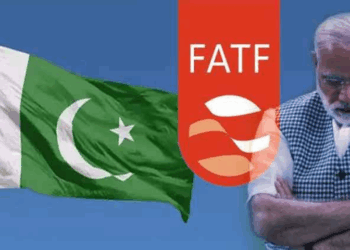Islamabad, April 6, 2025: In a landmark ruling aimed at dismantling gender-based discrimination, the Supreme Court of Pakistan has held that married daughters are fully eligible to benefit from the employment quota reserved for the children of deceased or medically retired civil servants.
The nine-page judgment, authored by Justice Syed Mansoor Ali Shah, reaffirms that a woman’s legal identity, rights, and autonomy do not cease upon marriage. The decision came in response to a petition filed by a married woman who was denied employment following her father’s death in government service.
The court declared the denial of quota-based employment to married daughters as illegal, discriminatory, and unconstitutional, citing violations of Articles 14 (dignity of man), 25 (equality before the law), and 27 (non-discrimination in service) of the Constitution.
Justice Shah emphasized that financial independence is a constitutional right, and Islamic jurisprudence supports women’s authority over their income, property, and financial decisions—regardless of their marital status.
“The marital status of a daughter has no bearing on her legal standing or her entitlement under the law,” the judgment stated. “Denying her employment on these grounds entrenches patriarchal norms and undermines gender equality.”
The court clarified that the Khyber Pakhtunkhwa Civil Servants Rules do not distinguish between sons and daughters or between married and unmarried children. Therefore, all children of deceased or medically retired civil servants—irrespective of gender or marital status—are entitled to quota-based employment.
Additionally, the court ruled that executive orders or clarification letters cannot override the law, calling any such attempts “legally non-est.” It also distinguished this case from the earlier General Post Office vs. Muhammad Jalal decision, explaining that the previous ruling pertained to future appointments and not the retrospective denial of rights.
The judgment also urged public institutions and courts to adopt gender-neutral language and discard patriarchal terms that label married daughters as burdens or dependent on their husbands. Justice Shah noted that such terminology perpetuates stereotypes and undermines women’s agency.
The court also referenced Pakistan’s international commitments, highlighting its status as a signatory to the UN Convention on the Elimination of All Forms of Discrimination Against Women (CEDAW), which explicitly prohibits discrimination based on marital status in employment matters.
This decision is expected to have a far-reaching impact, setting a progressive precedent for gender equality in public service employment and reinforcing the principle that marriage does not diminish a woman’s rights under the Constitution or the law.








